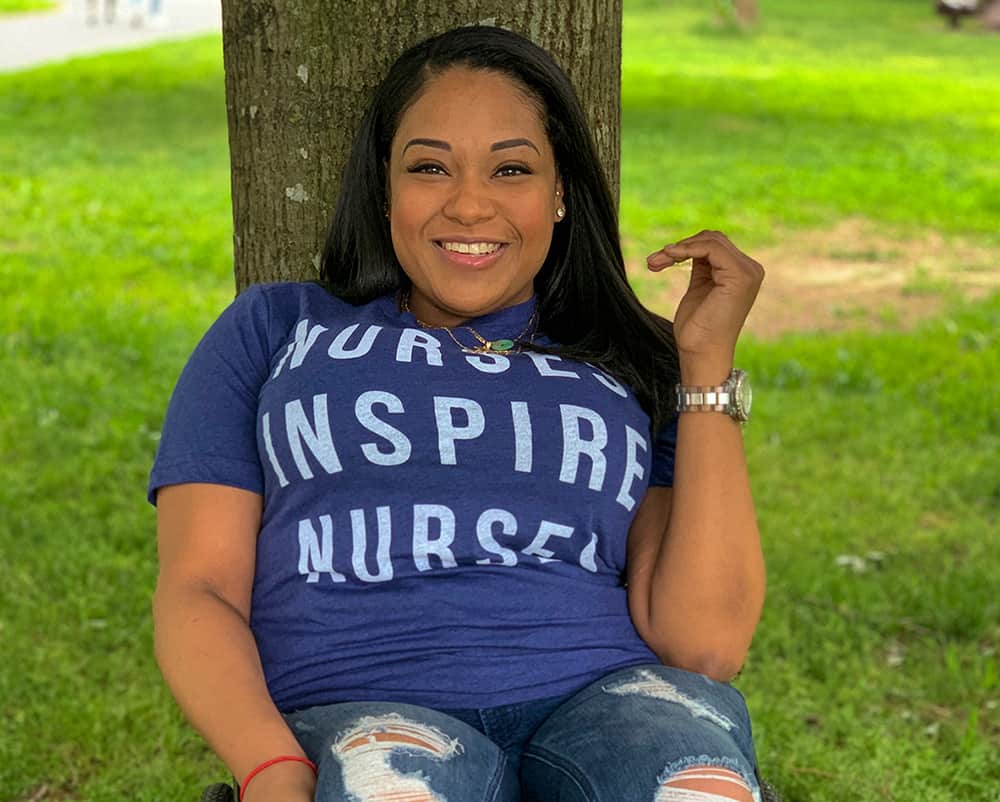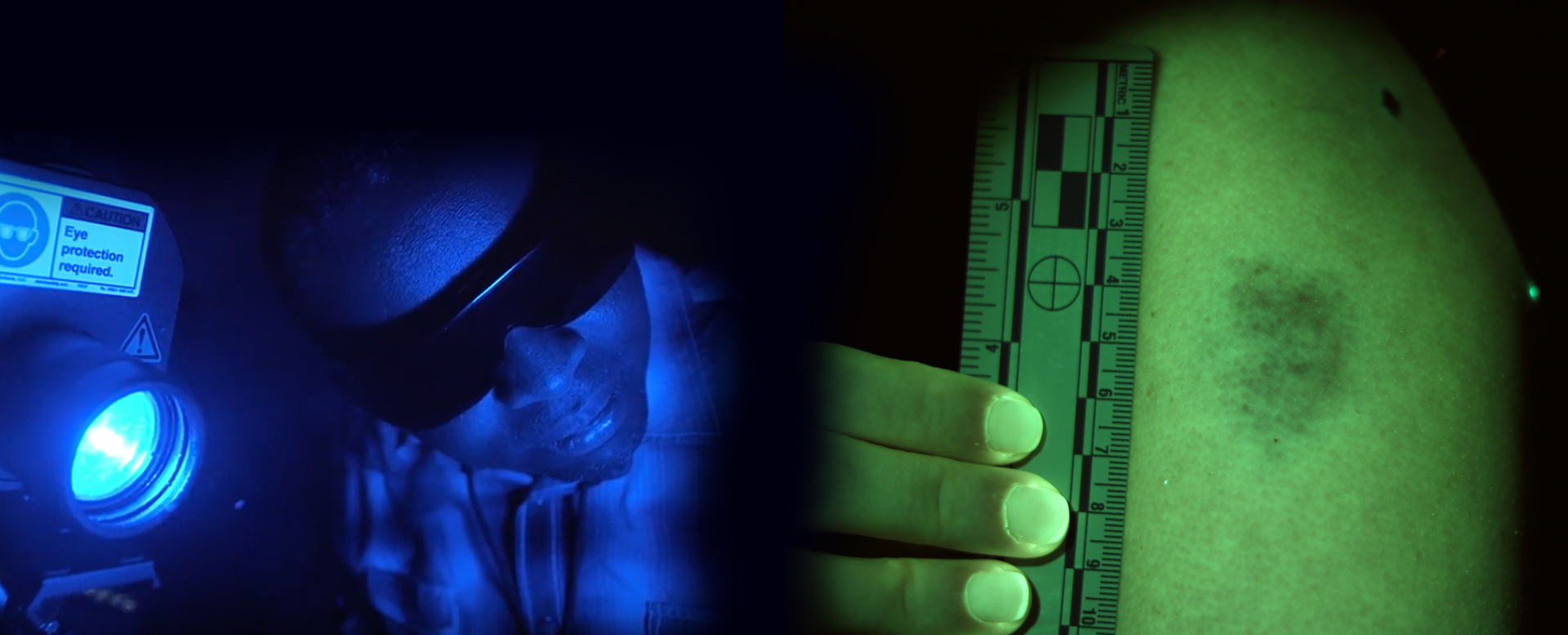In the dynamic realm of healthcare, the significance of representation in Nursing cannot be overstated. Nurses are the backbone of healthcare, playing a pivotal role in patient care, advocacy, and community health.
As the profession continues to evolve, it is imperative the Nursing workforce reflects the diversity of the populations it serves.
Representation in Nursing goes beyond demographic statistics. It encompasses a rich tapestry of backgrounds, experiences, and perspectives that contribute to a more culturally competent approach to providing care.
Here are a few reasons why representation in Nursing is important:
Cultural Competence
Patients come from diverse cultural backgrounds, and having Nurses who reflect this diversity helps in providing culturally competent care. Culturally competent Nurses understand the nuances of different cultural practices, beliefs, and values, leading to better communication and improved patient outcomes.
This cultural competence extends beyond language barriers and encompasses a deep understanding of the social, religious, and traditional aspects that shape a patient's identity and healthcare needs. When Nurses are able to appreciate and respect these cultural nuances, they can tailor their care to meet the unique needs of each patient.
For example, a Nurse who understands the cultural significance of certain foods in a patient's diet may be able to provide alternative options that are more appropriate, ensuring the patient feels heard and understood. Additionally, a Nurse who is aware of cultural norms around personal space and touch may adapt their approach to physical examinations to make the patient more comfortable.
Building Trust
Patients often feel more comfortable and trusting when they see healthcare professionals who share similar backgrounds or experiences. This connection goes beyond the surface level, creating a sense of understanding and empathy that fosters a stronger therapeutic relationship. When patients can relate to their Nurses on a personal level, it encourages open communication, allowing for a more comprehensive understanding of their healthcare needs. This trust is not only essential for effective healthcare delivery, but it also plays a significant role in patient satisfaction and overall well-being.
Imagine a patient who is hesitant to share personal information or discuss sensitive health concerns with a Nurse who they perceive as distant or unable to comprehend their unique circumstances. However, when that patient encounters a Nurse who shares similar experiences or cultural background, a sense of relief washes over them. They feel validated and understood, knowing their Nurse has likely faced similar challenges or obstacles. This creates a safe space for open dialogue, enabling the Nurse to provide the most accurate and tailored care possible.
When patients can connect with their Nurses on a personal level, it humanizes the healthcare experience. It reminds patients their Nurses are not just medical professionals, but individuals who have their own stories, struggles, and triumphs. This shared humanity strengthens the therapeutic bond, allowing patients to feel seen, heard, and respected. It empowers them to actively participate in their healthcare decisions and collaborate with their Nurses to achieve optimal outcomes.
Reducing Health Disparities
Having a diverse Nursing workforce is crucial in addressing the disparities in healthcare access and outcomes certain populations may experience. By understanding and addressing the unique healthcare needs of different communities, a diverse Nursing workforce can contribute to more equitable healthcare delivery.
Health disparities can arise from a variety of factors, including socioeconomic status, race, ethnicity, sexual identity, religion, geographic location, etc. These disparities can lead to differences in access to healthcare services, quality of care, and health outcomes. For example, individuals from marginalized communities may face barriers such as language barriers, lack of culturally competent care, and limited access to healthcare facilities.
By having a diverse Nursing population that reflects the communities they serve, healthcare organizations can better understand and address these barriers. Nurses who come from similar backgrounds or have experience working with diverse populations can help bridge the gap between patients and healthcare services. They can provide culturally competent care, advocate for the unique needs of their communities, and promote health equity.
A diverse workforce also brings a range of perspectives and experiences to problem-solving. This diversity of thought can lead to innovative solutions for addressing healthcare disparities. Nurses who have firsthand experience with the challenges faced by certain populations can bring valuable insights to the table and help develop effective strategies for improving healthcare access and outcomes.
Improved Communication
Language barriers and differences in communication styles can significantly impact the delivery of healthcare services. Effective communication between healthcare providers and patients is crucial for accurate diagnosis, treatment, and overall patient satisfaction. Nurses who are proficient in the same language as their patients or have a deep understanding of their communication norms can play a vital role in enhancing the quality of care by ensuring clear and accurate information exchange.
When language barriers exist, it can lead to misunderstandings, misinterpretations, and potential errors in healthcare delivery. This can be especially challenging when discussing symptoms, medical history, treatment options, and medication instructions. Nurses who are fluent in the same language as their patients can bridge this gap and facilitate effective communication, ensuring patients fully understand their condition, treatment plan, and any necessary lifestyle modifications.
Understanding the communication norms of patients from different cultural backgrounds is equally important. Communication styles can vary greatly across cultures, and what may be considered appropriate or respectful in one culture may not be in another. Nurses who are aware of these cultural norms can adapt their communication approach to ensure patients feel comfortable, heard, and respected. This not only enhances patient satisfaction but also promotes a more trusting and collaborative relationship between the Nurse and patient.
Enhancing Innovation
Diversity in Nursing brings a variety of perspectives and approaches to problem-solving, fostering a culture of innovation and creativity within healthcare organizations. When Nurses from different backgrounds and experiences come together, they bring with them a wealth of knowledge and unique insights which can lead to development of groundbreaking solutions to address the complex challenges in healthcare.
A diverse Nursing workforce encourages collaboration and the exchange of ideas. When individuals with different backgrounds and experiences work together, they can learn from one another and combine their expertise to create innovative solutions. This cross-pollination of ideas can spark creativity and lead to the development of novel approaches that may not have been considered otherwise.
Career Aspirations and Role Modeling
Representation in Nursing can inspire individuals from underrepresented groups to pursue careers in healthcare. When aspiring Nurses see professionals who look like them, it can serve as a powerful motivator and provide role models who have successfully navigated similar paths. This representation not only encourages diversity within the Nursing profession but also helps to address the disparities in healthcare access and outcomes that certain populations may face.
When individuals from underrepresented groups see Nurses who share their backgrounds and experiences, they are more likely to believe that a career in Nursing is attainable and they can overcome any barriers or challenges they may face. Seeing successful role models who have paved the way can instill a sense of possibility and determination in aspiring Nurses, empowering them to pursue their dreams and make a difference in healthcare.
Representation in Nursing can help break down the stereotypes and biases that may exist within the healthcare industry. By showcasing diverse Nurses who excel in their careers, it challenges the notion certain groups are not capable or qualified to pursue healthcare professions. This can lead to a more inclusive and equitable healthcare system, where individuals from all backgrounds have equal opportunities to succeed and contribute.
Policy and Advocacy
Diverse representation in Nursing leadership and professional organizations is a critical aspect of influencing policy development and advocacy efforts in the healthcare industry. When decision-making tables are filled with individuals from a variety of backgrounds and experiences, it ensures policies are comprehensive and address the needs of all patients and healthcare professionals.
By including diverse perspectives in policy development, organizations can ensure the unique challenges and barriers faced by different populations are considered. This allows for the creation of policies that are inclusive, equitable, and responsive to the diverse needs of patients and healthcare providers.
Diversity in Nursing leadership and professional organizations can help shed light on the disparities that exist within the healthcare system. By amplifying the voices of underrepresented groups, these organizations can advocate for policy changes that address these disparities and work towards achieving health equity for all.
Having a variety of perspectives at the decision-making table also ensures policies are informed by a wide range of experiences and knowledge. This diversity of thought can lead to more innovative and effective solutions to the complex challenges facing the healthcare industry. By incorporating different viewpoints and ideas, organizations can develop policies that are forward-thinking and adaptable to the rapidly evolving healthcare landscape.
Representation in Nursing is not just about fairness and equal opportunities; it is an essential component of providing high-quality, patient-centered care. A diverse Nursing workforce contributes to improved health outcomes, increased patient satisfaction, and a healthcare system that is better equipped to meet the needs of an increasingly diverse population.


 May is mental health awareness month, a time to
May is mental health awareness month, a time to  Maternal health disparities are a significant problem in the United States. W
Maternal health disparities are a significant problem in the United States. W Congratulations on starting your Nursing career! Here are some pieces of advice that may help you as a new Nurse:
Congratulations on starting your Nursing career! Here are some pieces of advice that may help you as a new Nurse: Hiring Nurses who reflect Diversity, Equity, and Inclusion (DEI) is an important step towards creating a healthcare system that is accessible and welcoming to all patients, regardless of their race, ethnicity, gender identity, sexual orientation, or any other characteristic.
Hiring Nurses who reflect Diversity, Equity, and Inclusion (DEI) is an important step towards creating a healthcare system that is accessible and welcoming to all patients, regardless of their race, ethnicity, gender identity, sexual orientation, or any other characteristic. 
 As a Nurse, you consider many factors when choosing where you want to work. Safety should be at the top of your list of considerations.
As a Nurse, you consider many factors when choosing where you want to work. Safety should be at the top of your list of considerations. Photo:
Photo:  Being a parent and a Nurse are demanding roles and it may seem almost impossible to thrive and manage both at the same time, but it is possible! If you're a parent in the Nursing field consider these tips below.
Being a parent and a Nurse are demanding roles and it may seem almost impossible to thrive and manage both at the same time, but it is possible! If you're a parent in the Nursing field consider these tips below.